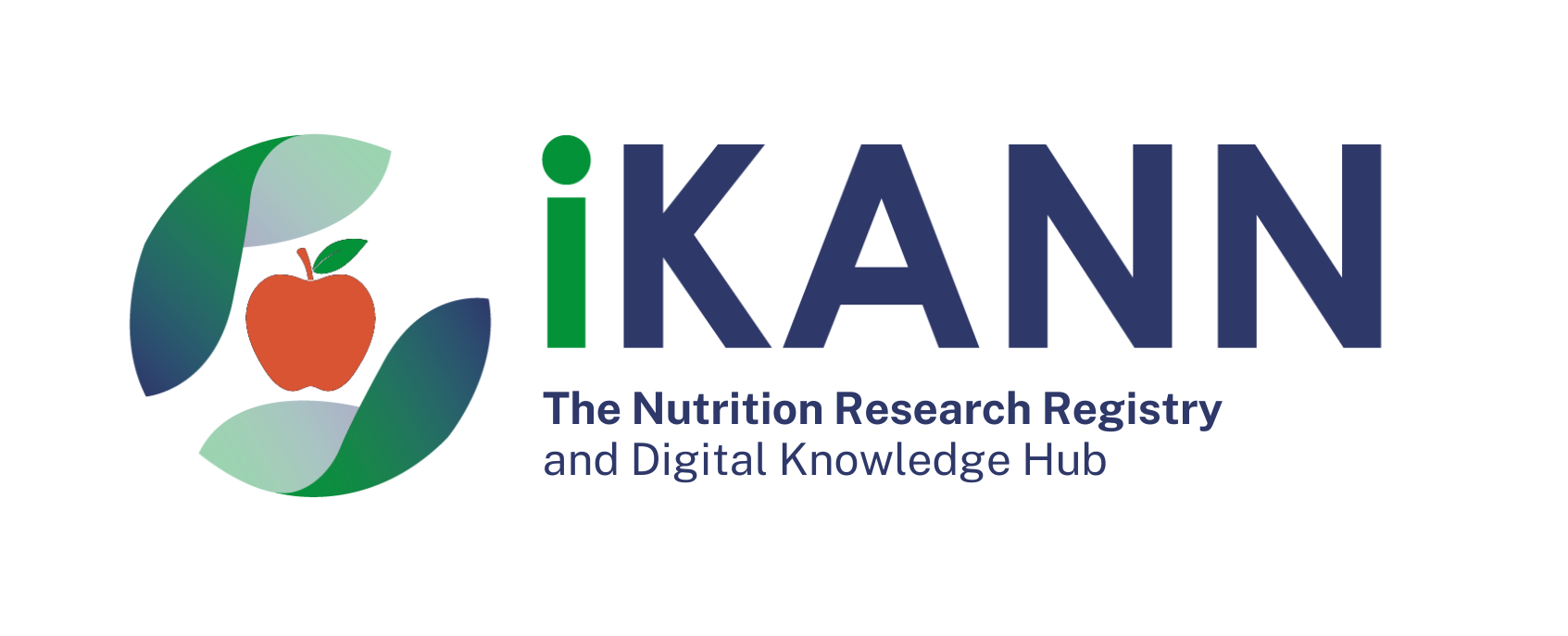Study Title
Exploring the implications of COVID-19 on widening health inequalities and the emergence of nutrition insecurity through the lens of organisations involved with the emergency food response.
Principal Investigator
Elaine Macaninch, Kathy Martyn, Marjorie Lima do Vale.
Affiliation
Brighton and Sussex Medical School, University of Brighton, University of Alberta.
Start Date
March 2020.
End Date
April 2020.
Study Objective
To explore how organisations involved with emergency food response during the early stages of the COVID-19 pandemic were affected by the crisis and to understand emerging nutrition insecurity among vulnerable groups in the UK.
Short Abstract
This study focuses on how the COVID-19 pandemic has exacerbated existing health inequalities and led to nutrition insecurity. Through interviews with five organisations providing emergency food support, the study highlights the increasing demand for food aid, the specific challenges faced by vulnerable groups, and concerns over the long-term sustainability of current food aid systems. It calls for future policies to ensure nutrition security and support resilience in food systems.
Study Design
A qualitative study using semi-structured interviews and thematic analysis.
Population
Organisations involved with emergency food provision in South East England.
Sample Size
Five organisations (four third-sector organisations and one NHS service).
Inclusion Criteria
Organisations involved in emergency food provision during the early COVID-19 lockdown.
Exclusion Criteria
None specified.
Intervention/Exposure
Insights into emergency food response and how organisations adapted to the rising food insecurity due to the COVID-19 lockdown.
Outcome Measures
- Increased demand for emergency food support.
- Nutrition insecurity, particularly for vulnerable groups (e.g., elderly, those with underlying health conditions).
- Changes in food provision strategies by organisations.
Funding Source
Supported by NNEdPro Global Centre for Nutrition and Health.
Collaborating Institutions
Brighton and Sussex Medical School, University of Brighton, University of Alberta, NNEdPro Global Centre for Nutrition and Health.
Ethics Approval
Ethical guidelines were followed, but no formal ethical review was required.
Publication Status
Published in BMJ Nutrition, Prevention & Health, September 2020.
Keywords
COVID-19, nutrition insecurity, health inequalities, emergency food response, third-sector organisations.
Data Collection Methods
Semi-structured interviews with professionals from participating organisations.
Primary Data Availability
Data available upon request from the authors.
Contact Information
Elaine Macaninch,
